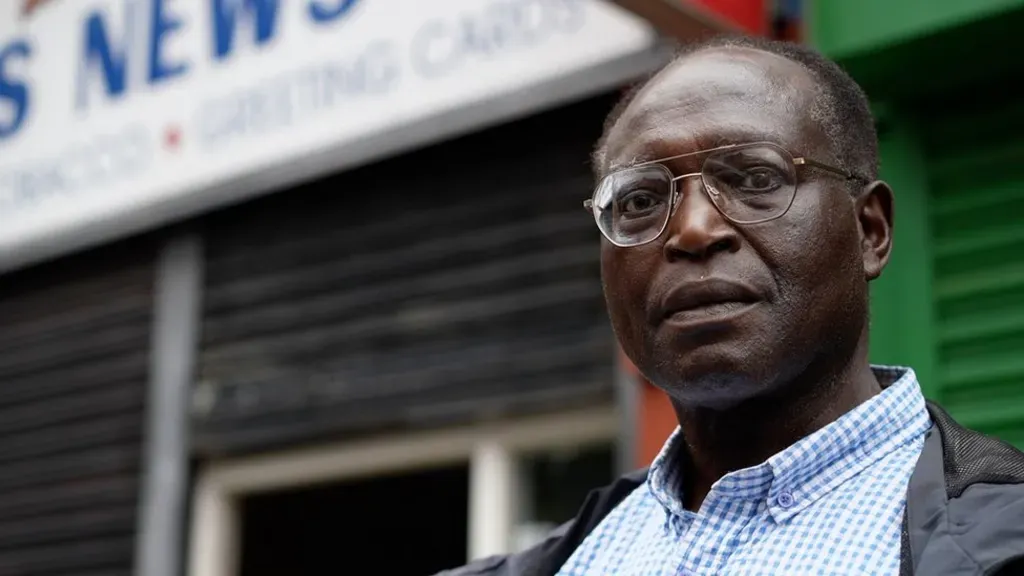After nearly half a century of life in the UK, 74-year-old Nelson Shardey from Wallasey, Wirral, finds himself embroiled in a bureaucratic nightmare that questions his right to permanent residency. Mr. Shardey, who has spent 46 years in the UK believing himself to be effectively British, discovered in 2019 that he was not recognized as such by the Home Office.
Having arrived in the UK in 1977 on a student visa to study accountancy, Mr. Shardey’s life took a turn when political unrest in Ghana cut off his financial support, prompting him to take various jobs, including roles at prominent British companies like Mother’s Pride and Kipling’s Cakes. Throughout his years in the UK, he married British women, raised two sons, and ran his own business without ever having his residency status questioned. His commitment to the UK was further demonstrated when he received a police award for bravery in 2007 after intervening during a robbery.
However, the death of his mother in 2019 revealed his precarious situation when he applied for a passport to return to Ghana for her funeral, only to learn he was not considered a British citizen. The Home Office’s subsequent instructions were for Mr. Shardey to embark on a costly 10-year route to settlement, a directive that came as a profound shock given his deep roots and contributions to the community.
The financial demands of this process, estimated at approximately £17,500 over ten years for legal residency and health services, are beyond Mr. Shardey’s reach, particularly as he is recovering from prostate cancer. This situation has forced him and his family to seek public support through crowdfunding to challenge the Home Office’s decision legally.
Legal experts and Mr. Shardey’s family argue that his extensive ties to the UK and significant contributions to society warrant an exception to standard immigration protocols. His case underscores broader issues within the UK’s immigration system, particularly the treatment of long-term residents caught in policy shifts and procedural oversights.
As the legal battle unfolds, the Shardey family remains hopeful that Nelson’s dedication to his adopted home will be recognized, allowing him to spend his later years in the country he has long considered his own.
Meanwhile, the community and supporters rally around Mr. Shardey, emphasizing the human cost of immigration policies and the need for a compassionate approach to long-standing residents’ unique circumstances.
https://www.africanexponent.com/a-lifetime-in-limbo-as-man-is-told-he-is-not-british-after-70-years/


